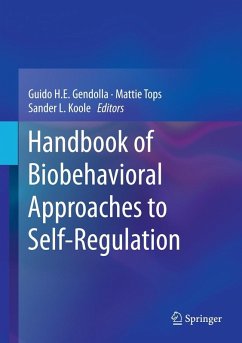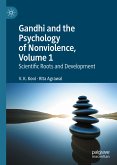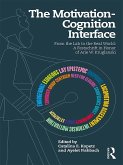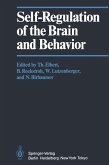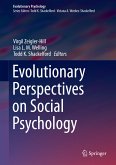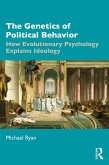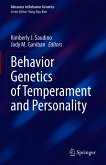- Self-regulation in an evolutionary perspective.
- The muscle metaphor in self-regulation in the light of current theorizing on muscle physiology.
- From distraction to mindfulness: psychological and neural mechanisms of attention strategies in self-regulation.
- Self-regulation in social decision-making: a neurobiological perspective.
- Mental effort: brain and autonomic correlates in health and disease.
- A basic and applied model of the body-mind system.
Handbook of Biobehavioral Approaches to Self-Regulation provides a wealth of theoretical insights into self-regulation, with great potential for future applications for improving self-regulation in everyday life settings, including education, work, health, and interpersonal relationships. The book highlights a host of exciting new ideas and directions and is sure to provoke a great deal of thought and discussion among researchers, practitioners, and graduate-level students in psychology, education, neuroscience, medicine, and behavioral economics.
Dieser Download kann aus rechtlichen Gründen nur mit Rechnungsadresse in A, B, BG, CY, CZ, D, DK, EW, E, FIN, F, GR, HR, H, IRL, I, LT, L, LR, M, NL, PL, P, R, S, SLO, SK ausgeliefert werden.

